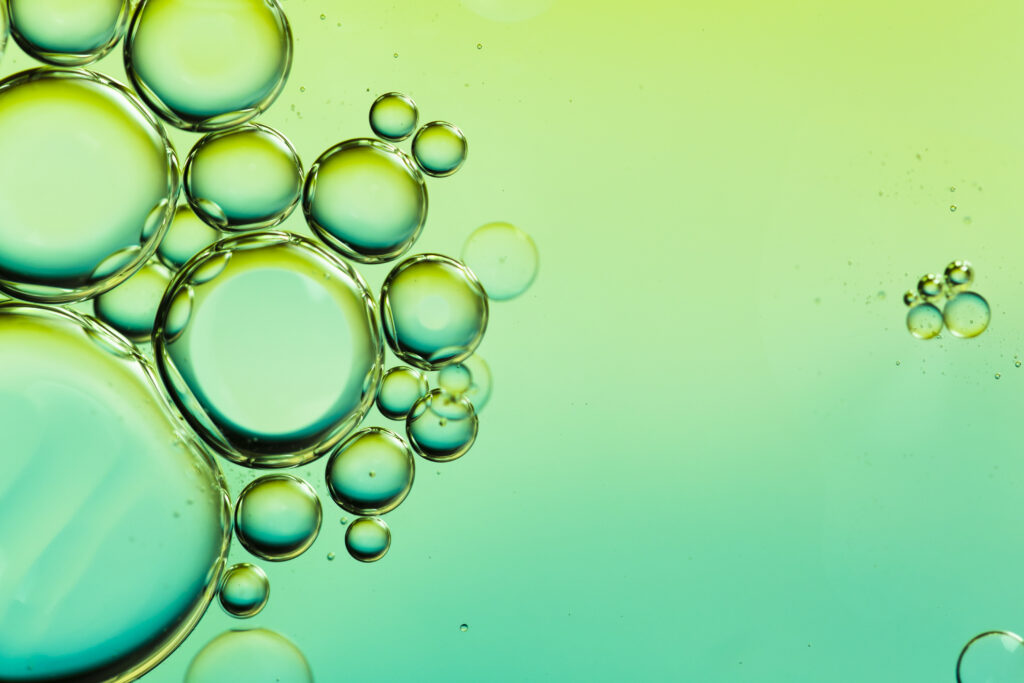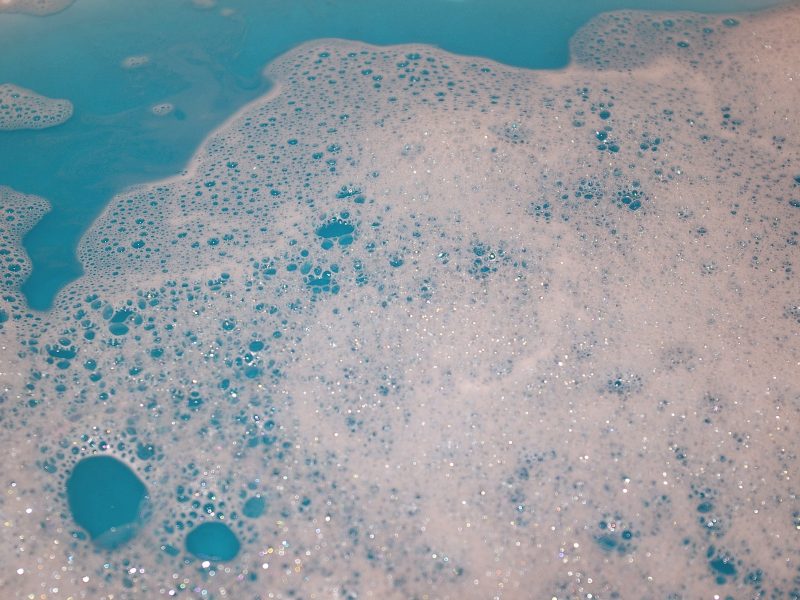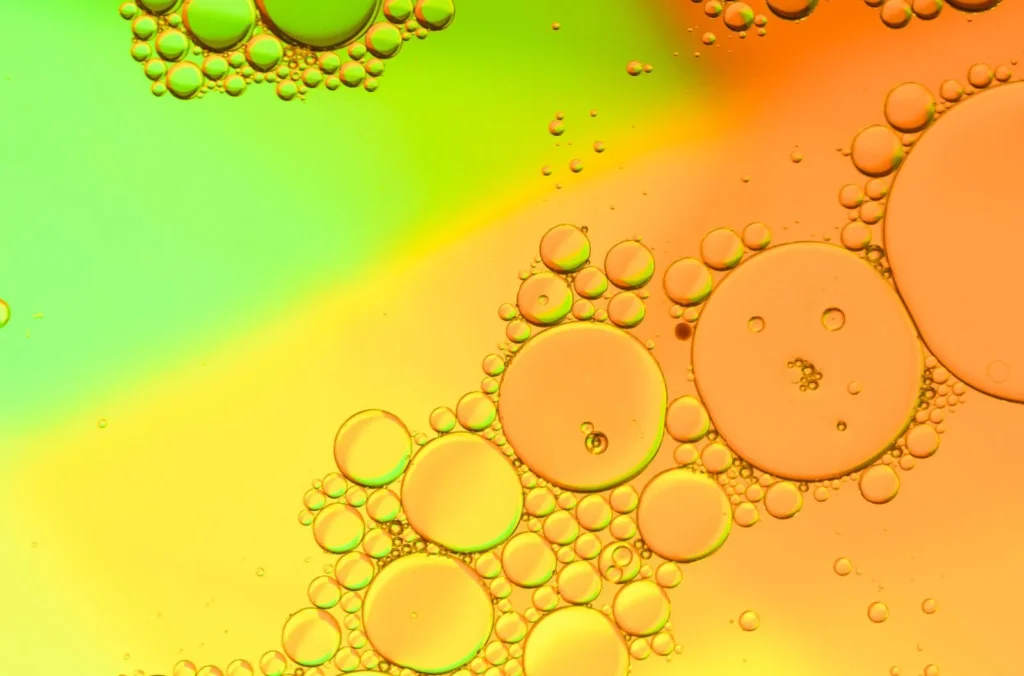How Defoamers Are Used to Prevent Foam in Food and Beverage Production
How Defoamers Are Used to Prevent Foam in Food and Beverage Production
Blog Article
The Function of Defoamers in Enhancing Item High Quality and Efficiency
In various producing processes, the presence of foam can substantially impede product high quality and operational effectiveness. Defoamers work as necessary additives that mitigate this concern, making sure smoother manufacturing operations while enhancing the useful and visual attributes of the final items (defoamers). Their application extends a plethora of markets, from food and drink to pharmaceuticals, where consistency and dependability are paramount. The selection of the appropriate defoamer can be essential to accomplishing optimum results, elevating essential concerns concerning formula compatibility and efficiency metrics that warrant more exploration.
Comprehending Defoamers
Recognizing the function of defoamers is essential for preserving product high quality across various markets. Defoamers are chemical additives created to decrease and avoid the development of foam in fluid systems, which can detrimentally affect processes such as mixing, filling, and surface stress. Foaming can lead to inadequacies, product problems, and jeopardized visual charm, making defoamers an essential component in making procedures.
In industrial applications, defoamers help to boost item consistency and stability. For instance, in the paint and layers industry, foam can disrupt the application process and the final coating. Likewise, in food and beverage production, excessive foam can hinder bottling and packaging performance (defoamers). The reliable use defoamers not just ensures smoother manufacturing processes but likewise adds to superior product efficiency.
Moreover, the selection and formulation of a defoamer should straighten with specific application demands, such as compatibility with other components, efficiency under varying temperature and pH conditions, and potential governing restrictions. Inevitably, recognizing defoamers' functions and their relevance in different solutions is crucial for optimizing production and making sure the finest quality end products.
Sorts Of Defoamers
Defoamers can be categorized right into a number of types based on their composition and system of action. The key types consist of silicone-based, non-silicone organic, and not natural defoamers.
Silicone-based defoamers are among one of the most effective, mostly due to their ability to spread quickly on the fluid surface and interfere with foam formation. Their distinct chemical structure allows for remarkable stability, making them appropriate for high-temperature applications and environments with varying pH levels.
Non-silicone organic defoamers, typically composed of natural oils or fats, are valued for their biodegradability and lower toxicity. These are commonly made use of in food and beverage applications where safety and environmental impact are vital.
Inorganic defoamers, which include materials like talc or calcium carbonate, act by increasing the thickness of the fluid, thereby decreasing foam stability. They are usually made use of in commercial processes where compatibility with various other products is not a problem.
Each kind of defoamer has distinct benefits and limitations, enabling customized solutions relying on the specific frothing concerns encountered in different applications. Recognizing these distinctions is critical for optimizing efficiency and accomplishing wanted item top quality.
Applications Across Industries
Various industries leverage defoamers to enhance product quality and functional effectiveness. In the food and beverage field, defoamers are vital in procedures such as developing and dairy products production to stop foam development, which can bring about ineffectiveness and like this item disparity. By regulating foam, makers can make sure better yield and an extra uniform item.
In the pharmaceutical sector, defoamers play a vital role in the formulation of liquid drugs, where too much foam can hinder mixing and precise application. Their usage helps preserve the honesty of the formulas and assists in smoother production procedures.
The paint and coverings industry additionally depends on defoamers to enhance the efficiency of products during application. By decreasing foam, these ingredients make sure a smoother surface and enhance the visual top qualities of the last product.

Advantages of Making Use Of Defoamers
While the application of defoamers differs across markets, their benefits continually enhance item high quality and procedure efficiency. One significant benefit is the decrease of foam formation during producing procedures, which can otherwise result in production delays and inconsistencies in product quality. By decreasing foam, defoamers allow a smoother flow of products, assisting in extra effective procedures and minimizing the probability of tools malfunctions.
Additionally, the usage of defoamers can enhance the look and structure of end products. In markets such as layers, paints, and food handling, excessive foam can endanger the visual aesthetics and general high quality, while the ideal defoamer application makes sure an uniform coating and desirable characteristics. Moreover, defoamers can add to set you back savings by reducing waste throughout production and enhancing using basic materials (defoamers).

Picking the Right Defoamer
Picking the ideal defoamer is vital for optimizing manufacturing procedures and making certain you can look here item high quality. The selection of defoamer influences not only the performance of foam control yet also the general efficiency qualities of the end product. navigate to this site Aspects to consider include the kind of application, the chemistry of the formula, and the ecological conditions under which the product will certainly be made use of.
Various industries may need details defoamer kinds, such as silicone-based, organic, or polymeric defoamers. Comprehending the compatibility of the defoamer with the primary components is necessary to avoid negative reactions that can compromise item honesty. Furthermore, the defoamer's efficiency in various temperature levels and pH levels must be assessed to ensure consistent performance.
Evaluating the defoamer in small applications can provide useful insights right into its performance and viability. Factor to consider of regulatory conformity, especially in food, drugs, and cosmetics, is extremely important in picking a defoamer. Ultimately, a comprehensive analysis of these variables will cause the selection of a defoamer that not just manages foam effectively yet also boosts the quality and performance of the final item.
Final Thought

To conclude, defoamers are important additives that substantially improve item quality and performance across numerous industries. By properly reducing foam development, these agents not just boost functional performance but also add to the useful and aesthetic integrity of products. The strategic choice and application of defoamers lead to cost savings, maximized source use, and enhanced customer satisfaction. Overall, the significance of defoamers in industrial processes can not be overemphasized, as they play a vital function in achieving consistent and high-quality end results.
Lathering can lead to inefficiencies, product flaws, and jeopardized aesthetic allure, making defoamers a vital part in making procedures.

Report this page